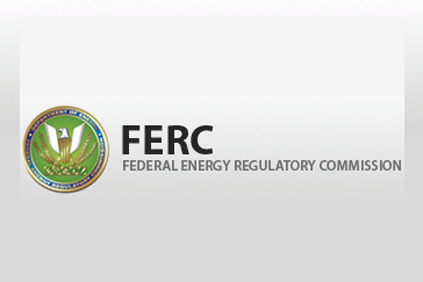Ferc has approved the "highway/byway" cost allocation method proposed by the Southwest Power Pool (SPP), which serves nine middle-American states. This should allow work to begin on five new long-distance lines in the region, one of the windiest in the US.
Under the plan, published by SPP in April, transmission projects above 300kV would be considered highways, with electric utilities assigned costs based on historic usage.
Lower-voltage lines would be considered byways. Utilities would pay for these through a formula that assigns proportional costs.
Ferc’s draft rules propose requiring transmission providers to establish cost allocation methods for the power lines included in their transmission plans.
"Knowing how the costs of new transmission facilities would be allocated is critical to the development of new infrastructure, because transmission providers and customers cannot be expected to support the construction of new transmission unless they understand who will pay the associated costs," the draft regulations says.
The rules set out cost allocation principles, which Ferc is to use to judge each region’s allocation methods.
The regulations also say that transmission providers should take public policy into account in their planning for future lines. Such policies including renewable portfolio standards, state regulations that specify a required percentage or amount of renewable energy.
And Ferc outlined plans to remove regulations that give incumbent utilities preference over other developers in the construction of transmission projects.
The draft regulations can be found .

.png)



.png)









